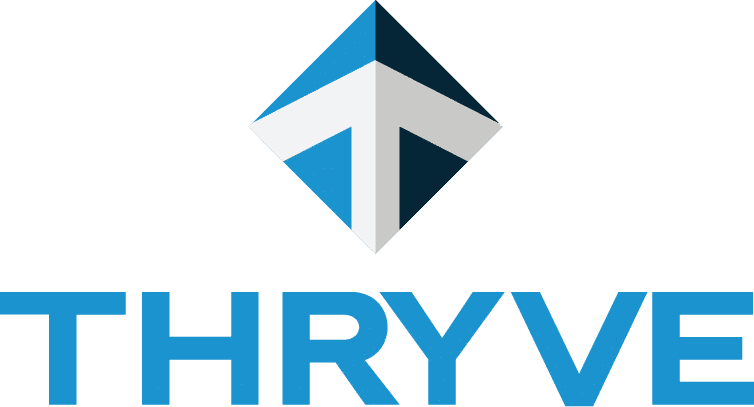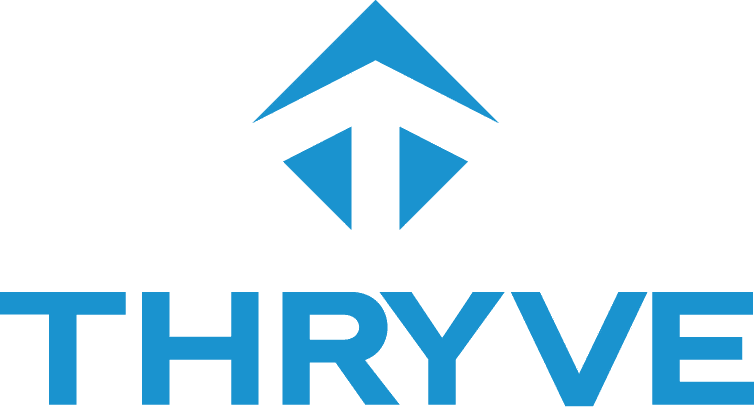Proper financial organization is essential for understanding your business’s performance, making informed decisions, and ensuring stability. This post provides practical and actionable tips to help you achieve financial clarity and set your business up for long-term success.
Why Organizing Finances is Essential for Small Businesses
Strong financial records are the foundation of any successful business. They provide insights into your business performance, help you manage expenses, and prepare you for unforeseen challenges. Without proper organization, you risk facing tax penalties, cash flow issues, or even financial instability.
Small business owners often delay prioritizing their finances, but doing so early can save you headaches down the road. Let’s explore how to organize your business finances effectively.
Separate Business and Personal Finances
One of the most fundamental steps in organizing your finances is separating business and personal transactions. This ensures accurate records, simplifies your accounting, and protects your personal assets if legal issues arise.
Open a Dedicated Business Bank Account
Set up a separate bank account solely for your business. All revenue and expenses should flow through this account. Avoid mingling personal transactions here; it creates confusion and adds unnecessary complexity to your bookkeeping.
Pay Yourself Properly
If you need personal funds, take a distribution or draw from your business account on a regular schedule. Periodically transfer funds to your personal account rather than withdrawing sporadically.
This basic yet powerful step provides financial clarity and makes tracking easier during tax season.
Simplify & Strengthen Your Small Business Finances
Use Accounting Software Instead of Spreadsheets
Gone are the days of managing finances in Excel. Manual entries are prone to errors, time-consuming, and lack the automation features that modern tools can provide.
Choose a Reliable Tool
Consider software like QuickBooks Online, a favored choice among small business owners. It automates tasks such as expense categorization, invoicing, and tracking daily transactions.
Gain Actionable Insights
Tools like QuickBooks allow you to generate financial reports instantly, offering insights into your profit margins, cash flow, and overall business financial health.
Technology not only saves time but also helps you make data-driven decisions to improve your operations.
Create a Cash Flow Budget
Cash flow is the lifeblood of any business. Planning and monitoring it effectively can help you avoid financial crunches.
Forecast and Plan
Create a monthly cash flow budget to anticipate any dips in cash and plan for upcoming expenses like rent, payroll, and inventory restocking.
Prepare for Fluctuations
Identify seasonal gaps or slow periods, and establish liquidity solutions (e.g., lines of credit) to bridge any funding gaps.
Keeping a close eye on your cash flow ensures that your business is always financially prepared.
Build an Emergency Fund
Unexpected expenses or market downturns are inevitable in business. Having an emergency fund ensures you’re prepared for these challenges.
Target 2-3 Months of Expenses
Save enough cash or liquid investments to cover your fixed expenses, such as rent, utilities, and payroll, for at least 2-3 months.
Seize Opportunities
An emergency fund doesn’t just offer protection. It allows you to act quickly on opportunities like purchasing discounted inventory or expanding into new markets.
Having a safety net provides peace of mind and business resilience.
Manage Debt Wisely
Debt can be a useful tool when used strategically. However, it’s essential to manage it wisely to avoid financial strain.
Borrow for Growth, Not Survival
Only take on debt to fund growth opportunities that generate returns higher than the interest cost, such as purchasing equipment or launching a new product line.
Lock in Favorable Terms Early
Be proactive when seeking loans or credit. Explore options with low-interest rates rather than waiting until you desperately need funds, as last-minute loans often come with unfavorable terms.
Managing debt responsibly ensures that it supports, rather than hinders, your business growth.
Plan for Taxes and Keep Good Records
Tax compliance is a critical aspect of small business finances. Proper organization can save you time and money.
Track Deductions and Credits
Stay informed about deductions and credits to minimize your tax liability. For instance, home office deductions or mileage reimbursements could apply to your business.
Keep Detailed Records
Maintain receipts, invoices, and financial statements to simplify tax filing. Reliable accounting software can help keep everything in one place.
Partnering with an accountant or tax professional will further ensure that you’re maximizing tax benefits while staying compliant.
Stay Consistent for Long-term Success
Organizing your finances isn’t a one-time task, it’s an ongoing commitment. Create a system that’s easy to follow and make reviewing your finances part of your routine. Daily habits, like checking your cash flow or organizing receipts, can lead to significant financial clarity over time.

More Clarity Today, More Stability Tomorrow
Taking control of your small business finances isn’t just about crunching numbers. It’s about empowering yourself to make smarter decisions, seize opportunities, and steer your venture toward growth.
Start with the basics outlined above and build from there. The process might take time, but the rewards are well worth the effort.
If you’d like additional support, consider partnering with a financial advisor or tools like QuickBooks Online to streamline your accounting processes. Remember, the sooner you organize your finances, the stronger your business will be.

